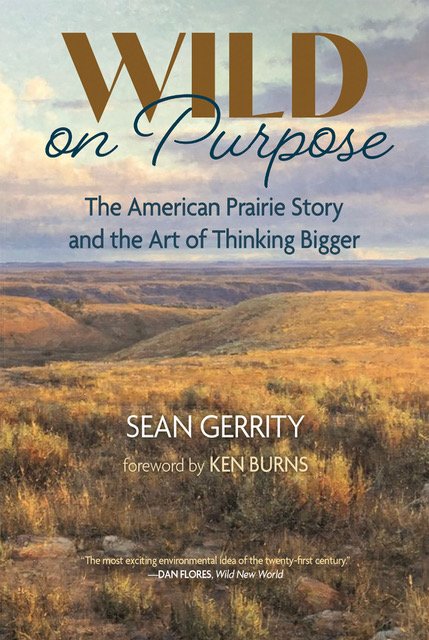From Zelpha A. Boyd
What is composting? Why do we do it? What benefits are there in doing all that work? These are some questions that arise when speaking of composting, compost piles and tending to that pile of leftover garden material.
First, we need to examine the soil. Made up of small particles of rock, organic matter, water, and myriads of tiny organisms, our soils are a precious commodity. It grows our food, flowers, trees, and millions of plants around the globe. The soil is what keeps humanity going. If not for soil, good garden earth, we would not be here.
Organic materials of all kinds are an essential part of what makes up this most precious earth that we walk on every day. That is why composting is important. It is the way we put back into the soil what is taken from it. In the forests and rangelands, this is done automatically. Leaves, grasses, plants, and fungi fall to earth, decompose and become soil once again.
In our gardens, all too often this material is gathered up and sent off to the landfill, as if it were trash. A better way is to save it, allow it to decay, and reconnect it with the soil in our flowerbeds or vegetable garden. It is the natural way that garden gods have orchestrated for eons of time.
So how and where do I make this marvelous thing happen? First, decide that it is indeed a good idea. That replenishing the soil is the right thing to do. Then find a corner of the yard, build a bin of sorts and begin saving all that refuse. Flower stalks, spent leaves, flowers, small branches, kitchen scraps (no grease or meat) can all be cast into this bin, or on a pile.
This decayed material – compost – replaces the harsh chemicals that are used all too often. Organic matter nourishes the soil, feeding all those creatures that are reconstructing the very foundation of our gardens. In those fertilizers that contain minerals – Miracle-Gro – are also the harsh chemicals that break down these minerals into useable plant food. That is the problem with them. When more plant food is needed, the best thing to do is to find organic materials that are pure, without the added harsh chemicals. Seek out these natural materials at the organic plant food stores, Planet Natural for example.
I’ve found that the use of compost – either homemade or purchased – is all that I need in my garden. Using Blood Meal – a rich source of nitrogen – from to time to time is helpful in keeping the plants green.
Our Earth is calling for protection, nourishment, and tender loving care. Making and using compost – from our ‘waste’ products – is certainly a good way to go.
NEW POSTS
- Symphony showcases masterful melodies
- Trio of early 20th-century families seek American Dream
- Driving modern folk duo delivers set of originals
- Pine Creek jams through ‘Dead of Winter’
- Opera Montana to perform at MSU in celebration of Martin Luther King Jr. Day
- Gallatin Skijor Invitational brings high-energy skijoring to Bozeman
Contact Us
(o) 406.539.6730
info@bozone.com







